
Home>Programmes for individuals>Executive Masters>Executive Master of Public Administration
Executive Master of Public Administration
Sciences Po’s EMPA is designed to build public administration expertise and enhance leadership skills for mid-career and senior-level managers, enabling them to excel at executive roles in international business, multilateral organisations, public institutions, and government.
The Masters programme offers groundbreaking, innovative and international training in public affairs, with the distinctive stamp of Sciences Po’s academic vision. It equips participants with the knowledge and skills for effective leadership in today’s dynamic and complex policy environments of the public, private, and non-profit sectors.
Overview
Intended Participants
- Mid- and senior-level managers with a strong interest in public affairs and desire to increase their impact in an international environment
- Advanced English speakers holding an an undergraduate degree and at least 5 years experience in a relevant field
Objectives
At the end of the EMPA programme, participants will have acquired a deep understanding and applicable knowledge related to:
- The various political dimensions of public action including both politics and policy
- The major contemporary challenges and issues facing democratic societies.
- Public policy transformation and change management in organisations that deliver public services
- Economic challenges of the welfare state and the green transition
- European issues, in particular the effect of EU policies on national public policies
Among other practical skills, graduates will be able to:
- Make informed decisions by understanding an increasingly complex political, geopolitical, economic and social environment
- Strengthen your strategic leadership skills to manage teams, manage crisis, drive change, lead reforms within public administrations
- Design, implement & assess effective public policies tailored to diverse contexts
- Combine a solid academic approach in social sciences with practical knowledge about public decision-making
Programme
The EMPA programme, held over the course of one year, consists of four course modules and one course specialisation. Environmental and digital topics are integrated in every course curriculum, and public policy workshops enable participants to apply new methods and approaches to the course content.
- Organisational behaviour, power dynamics (sociology of organisations) and change management
- Leadership, decision-making and communication skills
- Digital transformation and policy: Generative AI and the future of work, skills, and performance
- Environmental transformation and policy, including sustainable public management
- Methods of policy and organisational innovation: design thinking, agility, collective intelligence, etc.
- Social dialogue
- Policy analysis and policy making: actors, institutions, instruments and processes
- Comparative policy reforms, theories of change in public action, state and society interactions
- European public policy and governance
- Lobbying and influence
- Focus on some public policies: the welfare state, cities and urban policies, gender policies, etc.
- The governance of the internet and the digital democracy
- Economic policy and regulation
- Global market economics
- Public finances, debt, and competition
- Performance and economic issues of health systems
- Economic challenges of the green transition
- Politics of evaluation in democratic societies
- Quantitative methods and statistics (including cost/benefit analysis) / Qualitative & Mixed methods
- Experimental and behavioural approaches
- Digital and AI policy innovation
Participants choose from one of the following custom tracks, allowing them to gain experience in a particular area of expertise:
Teaching Staff
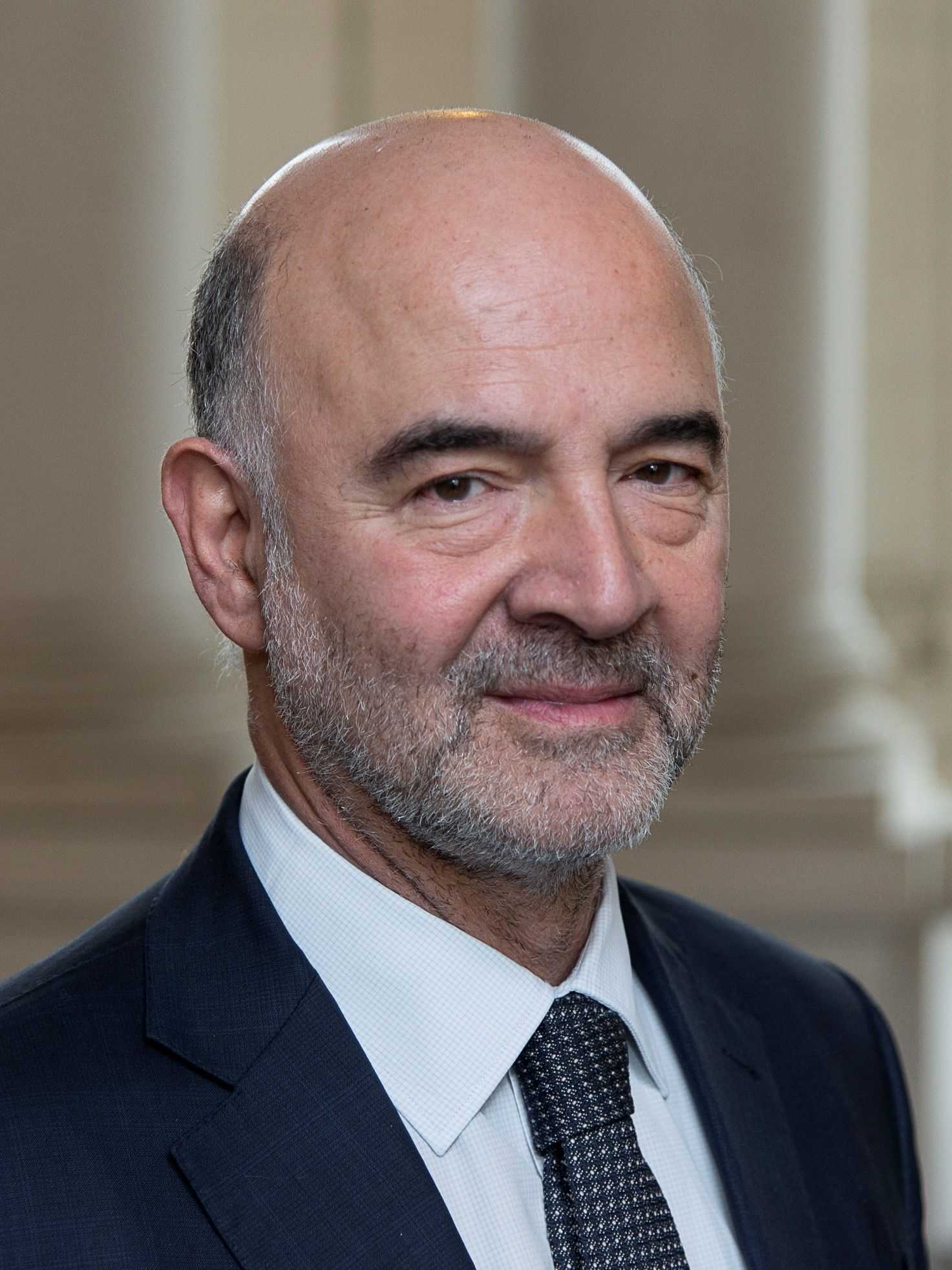
Pierre Moscovici
EMPA Honorary President, First President of the French Court of Auditors, Alumnus of Sciences Po
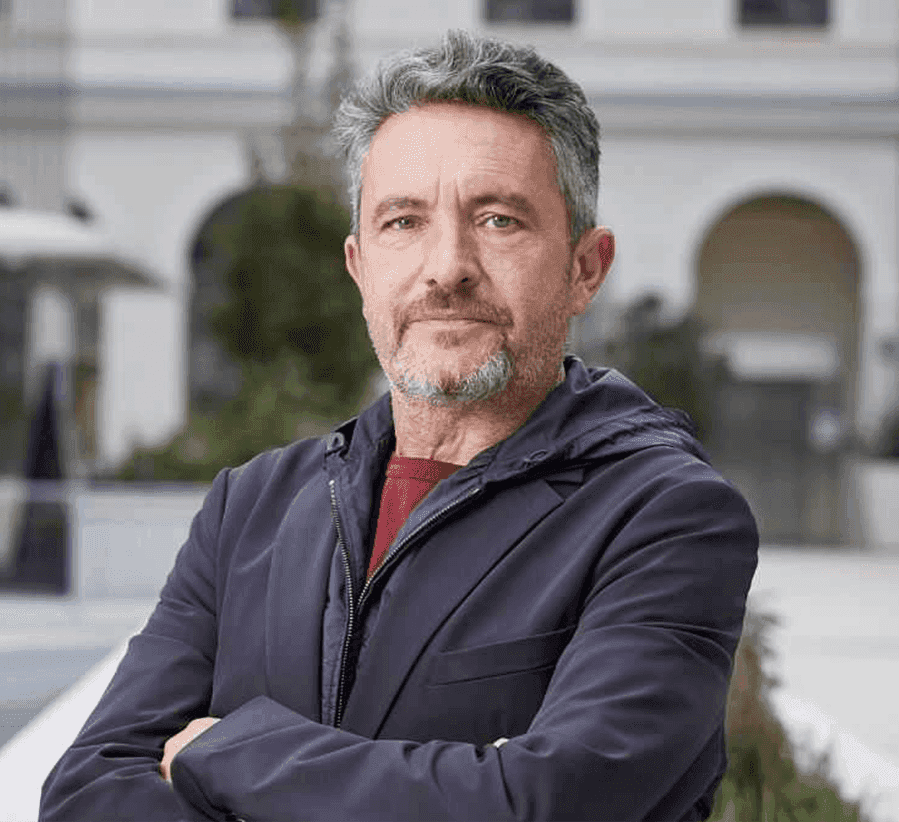
William Genieys
Programme Director
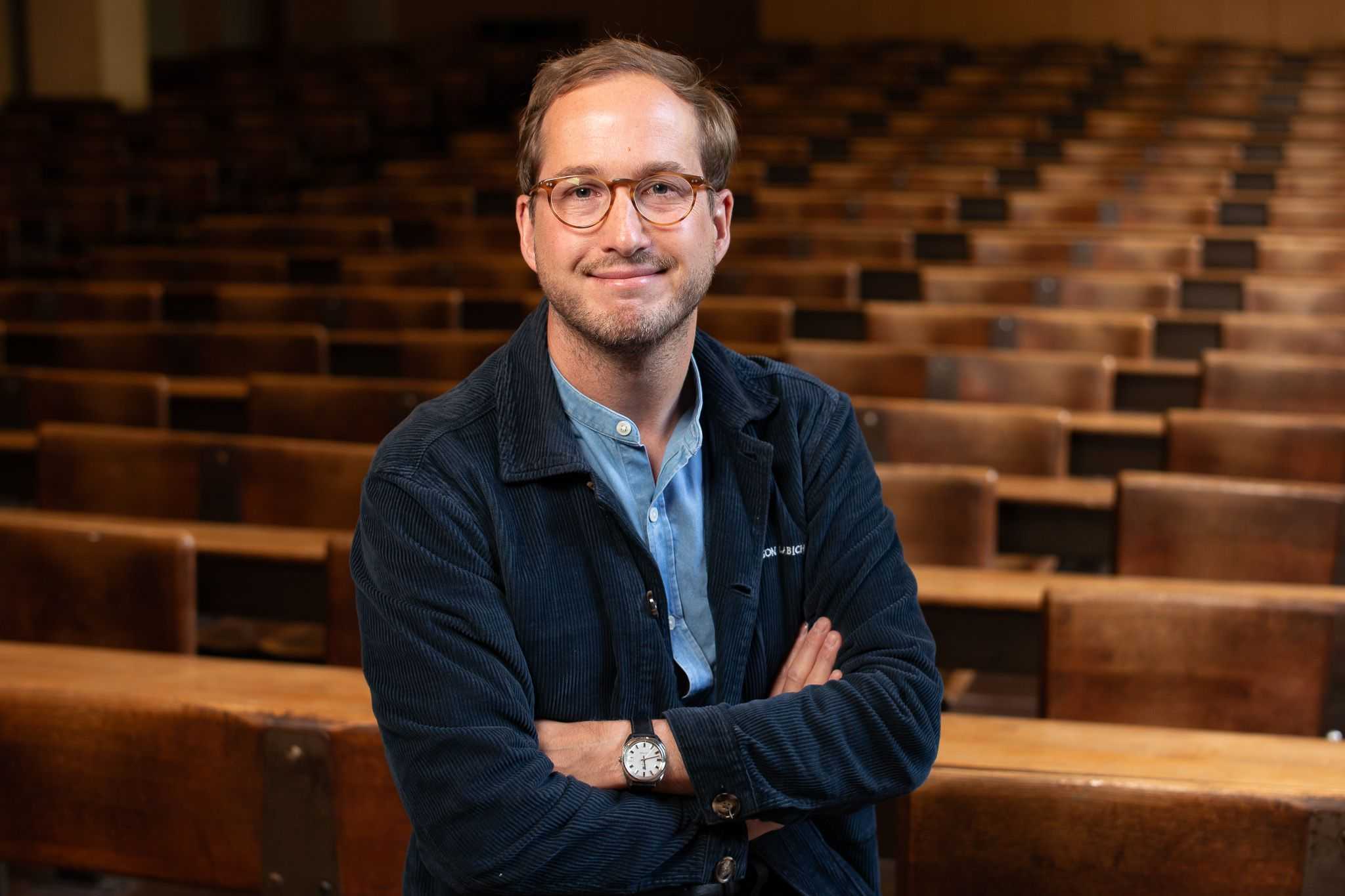
Clément Lacouette-Fougère
Professor at Sciences Po Paris, Member of the Executive Committee of the Health Chair, Assessment of Public Policy Specialist, Expert at the French Court of Auditors
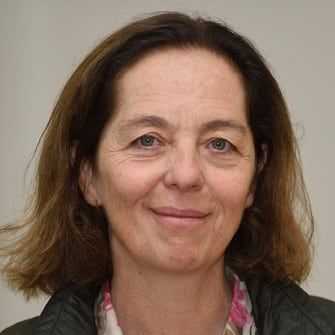
Anne Epaulard
Economist at French Economic Observatory (OFCE – Observatoire français des conjonctures économiques), former advisor at France Stratégie

Amélie Férey
Research Fellow and Head of the Defense Research Unit at Ifri's Security Studies Center (IFRI, French Institute of International Relations)

Marc Ringel
Director of the European Chair for Sustainable Development and Climate Transition at Sciences Po, Director of the Deutsch-Französishes Institut, Energy and Climate policy expert

Axelle Bagot
Co-founder & CEO of Leadership Lab International, Lecturer at Harvard, Brown University and Sciences Po Paris

Charlotte Halpern
Researcher at Sciences Po's Centre for European Studies and Comparative Politics (CEE) and Director of the Institute for Environmental Transformations
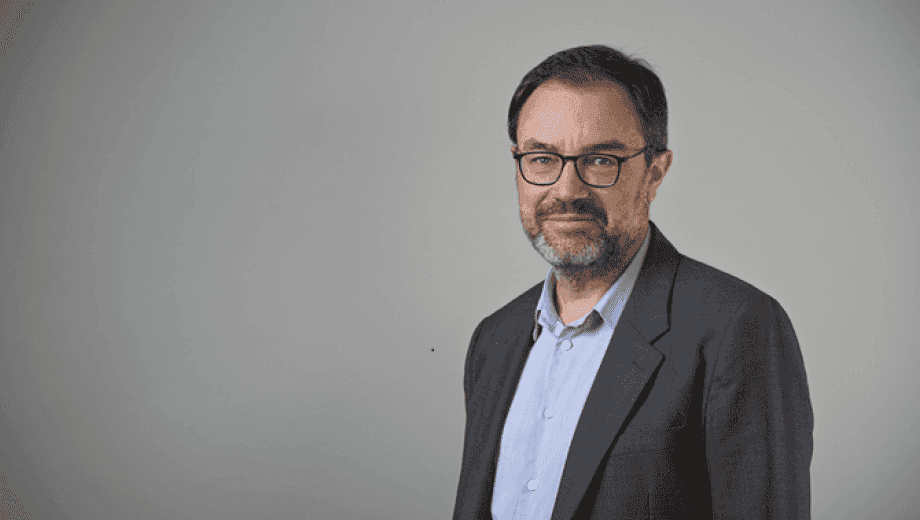
Olivier Borraz
Research Director at the CNRS, Professor of sociology at Sciences Po, Director of Sciences Po Crisis Lab and former Director of the Centre for the Sociology of Organizations (CSO).
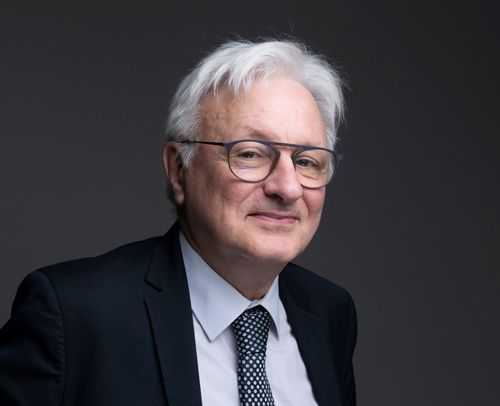
Richard Balme
Director of Sciences Po’s Centre for International Studies (CERI).
Practical Information
- 272 hours over 12 months, plus 16 hours of collective tutoring
- The Sciences Po degree is an institution-specific diploma equivalent to 5 years of higher education
- Upon completion of an Executive Masters at Sciences Po, you become part of the extensive Sciences Po alumni community, with lifetime membership to the Sciences Po Alumni Association included in your tuition
- Our courses can be adapted to accommodate various accessibility requirements. Please do not hesitate to contact us to discuss any necessary adjustments.
Pedagogical Approach
The EMPA curriculum is based on face-to-face teaching, supplemented by online educational resources. Face-to-face modules last up to five days and are spread over seven weeks. This allows you to continue working while gradually and strategically reflecting on your career plans. A knowledge assessment is scheduled at the end of each module.
Admission Requirements
- At least a Bachelor’s degree or the equivalent qualification
- Minimum 5 years of professional experience
- English language mastery (level C1/C2)
- Exemptions may be considered for those who do not meet the academic and/or professional experience requirements
Admissions Process
- Initial application review for programme suitability
- Interview invitations to suitable applicants
- Admissions decisions and notification
Next Start Date(s)
January 26, 2026
Paris Campus
Duration
34 day(s)
cost
€32,000
Contact
Dimitri Grammaticopoulos
Programme Advisor
+ 33 (0)6 62 46 71 96 | dimitri.grammaticopoulos@sciencespo.fr
Contact by email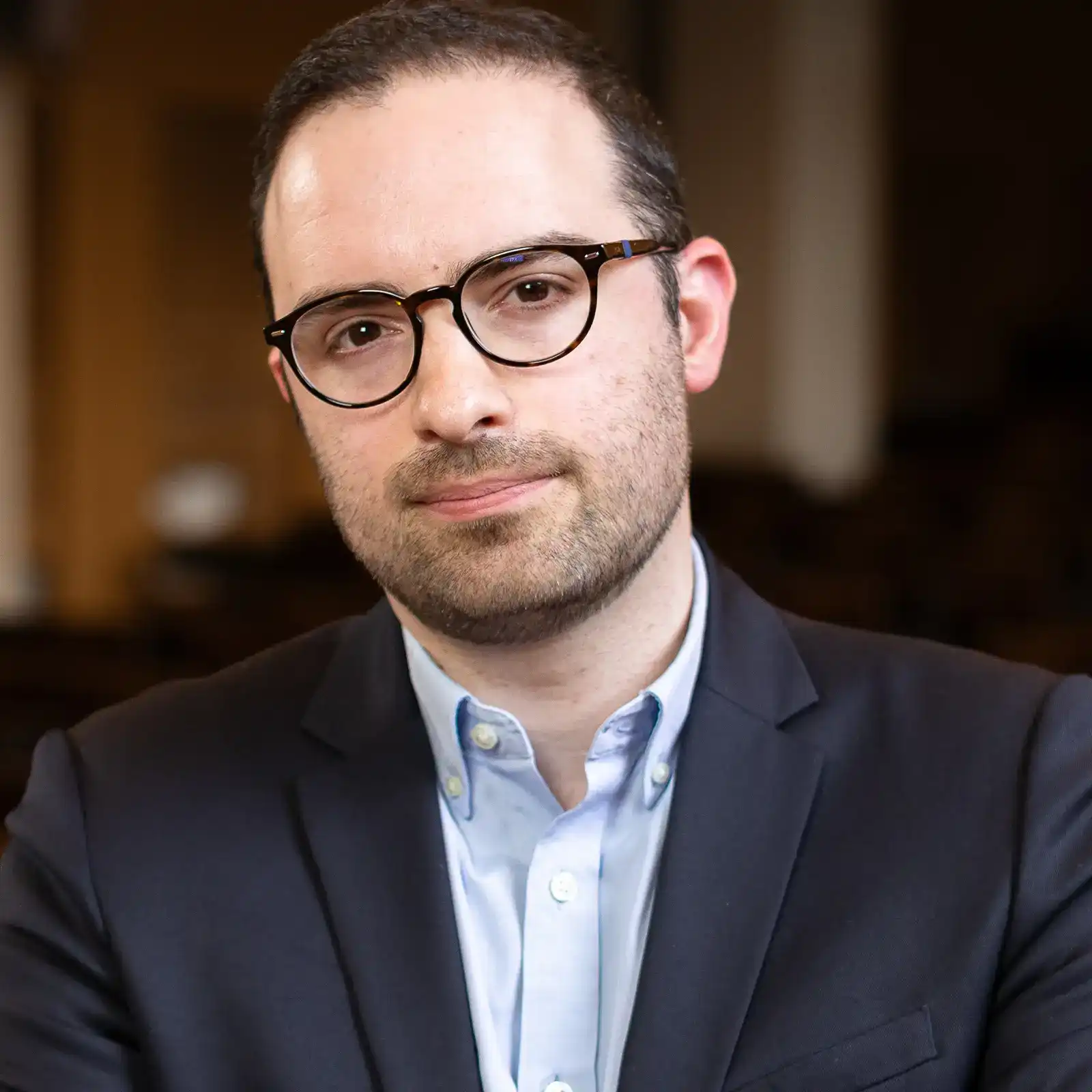
Further Reading & Resources

Driving Innovation in Public Administration: 5 Key Principles

Continuous Learning: A Springboard for Career Change

Empowering Public Leaders for Uncertain Times: The Crisis Management and Preparedness specialisation of the Executive Master of Public Administration
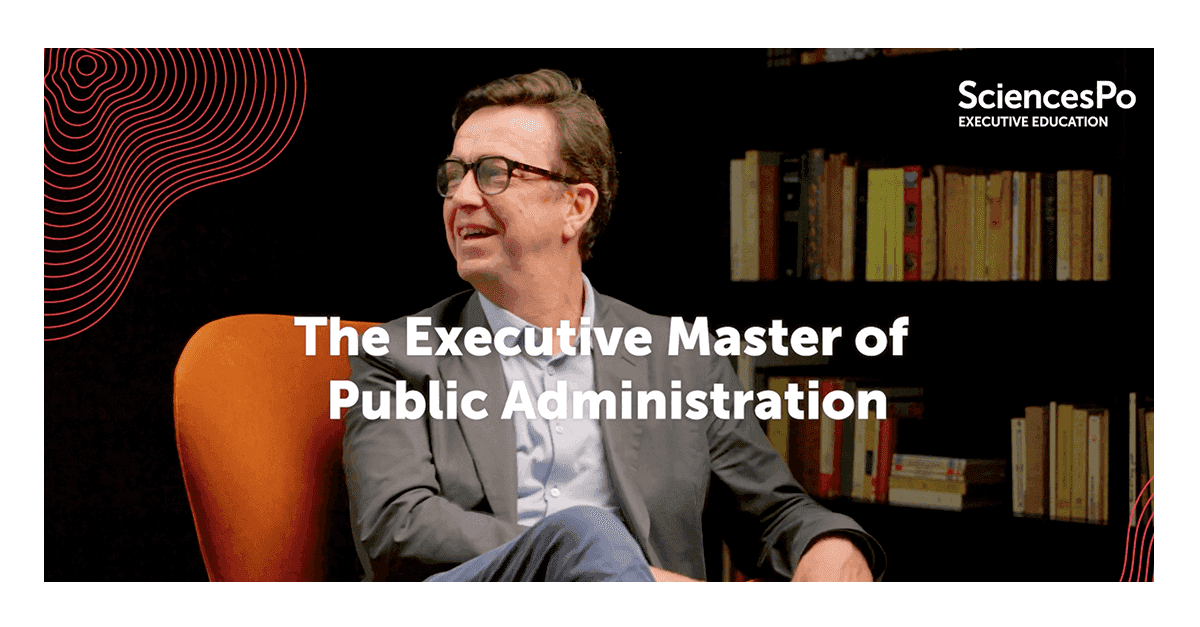
Introducing the Executive Master of Public Administration




